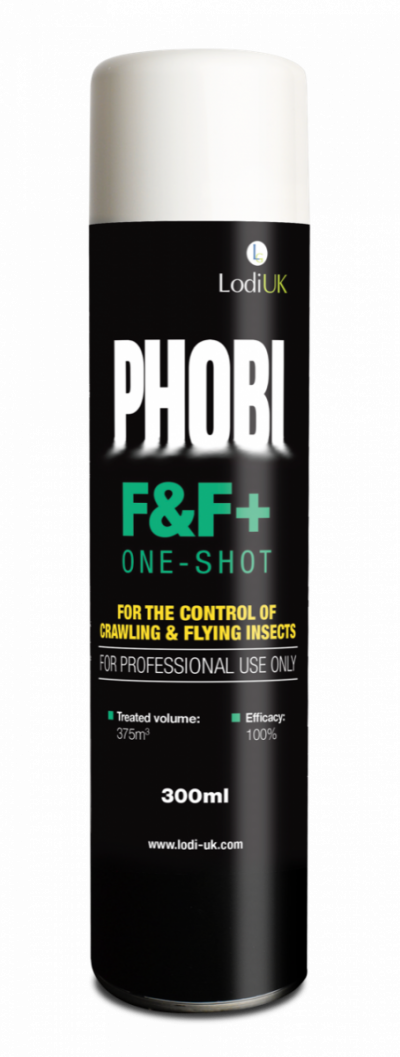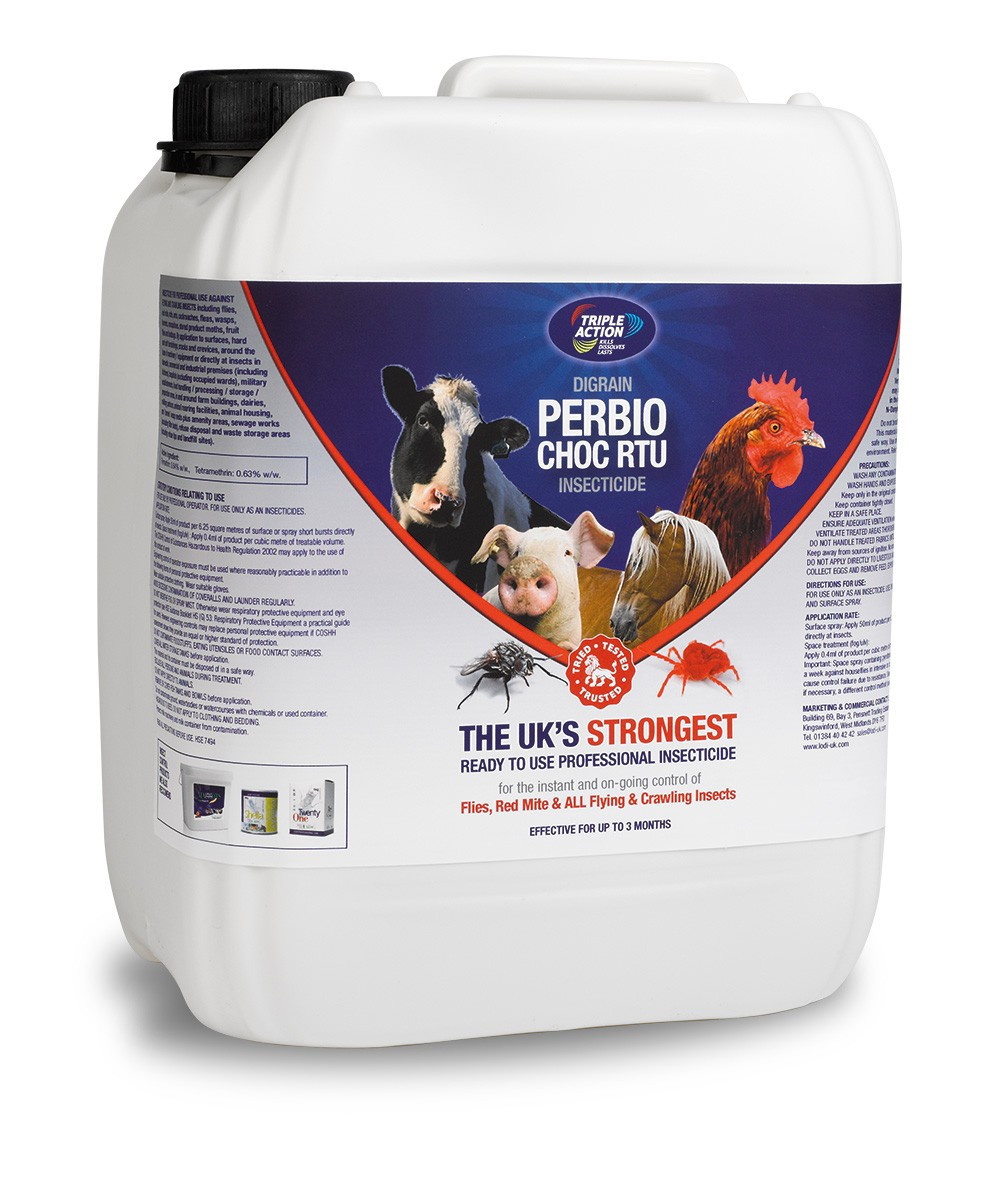.jpg)
We’ve all been there, a customer calls late September explaining they have a large infestation of black hairy flies that seem to have infiltrated their property, sometimes out of the blue and without warning. As a professional pest controller, we instinctively know that they are suffering from a Cluster Fly (Pollenia Rudis) infestation.
For those of you that have not had the chance to deal with Cluster Flies, maybe you’re new to the industry, or maybe you work primarily in the inner cities where these pests aren’t so prevalent, they are a pest species that can amass in the hundreds and more!
They look very similar to a housefly but are normally slightly larger. When up close the colouration of the hairs on the thorax and a chequered pattern on the abdomen tend to give them away. They also tend to present themselves as ‘dozy’ when flying, to the point where they can actually be picked up, unlike their house fly cousins.

There are a few Cluster Fly species in the UK, but the Common Cluster Fly is the one most dealt with.
These flies will tend to ‘cluster’ during the daytime hours throughout the autumn months on south-facing walls external to buildings. As the temperature begins to drop they will then venture into properties through small cracks and crevices, soffits, under tiles, and even through the seams of windows. Once inside a property, they tend to gather in loft spaces, ceiling, or wall voids where it's quiet and warm in order to hibernate over the winter months.
Normally cluster flies will emerge during the Spring thaw when the temperature is in excess of 10-12 degrees. Due to modern technology, and the perfection that is temperature-controlled heating, it is not uncommon for these flies to emerge during the winter months and gather in the windows having been fooled into thinking that the spring has arrived.
When the adult flies eventually leave and head outside, they will lay their eggs in the soft soil, usually near to the winter harbourage. The larvae of the fly are parasitic, and once they hatch will find a living host in the form of an earthworm in order to pupate and emerge as the adult fly ready to start the cycle all over again.
SO WHAT'S THE BEST WAY TO TACKLE CLUSTER FLIES?!

Treatment for Cluster Flies should never be approached as a quick easy fix. In many cases, the problem will reoccur several times over the winter months, and then potentially year on year. By offering customers a solution to rid the property completely of cluster flies you could potentially be setting yourself up for a fall.
A possible approach would be to offer a Treatment Programme consisting of 4 visits between early Autumn and late Spring, rather than a one-off treatment. The treatment would start with an inspection of the loft/ attic area in order to establish whether there are any bats present. If found to be present, the best course of action is to contact the Bats Trust. It is also prudent to make sure that any water storage tanks are completely covered before treatment commences to prevent any potential contamination.
My Recommended Treatment Options
Aerosol insecticides
Once all checks have been completed and the correct PPE is in place, the release of a Phobi F&F One Shot into the area will help give an instant knockdown, depending on the fabrication of the building. It may be worth checking breaks in the felt lining of the roof where the Phobi F&F may not reach to spray treat any Cluster Flies that may be resting in these areas.
PHOBI F&F+
oil-based insecticides
Other areas of the property may also benefit from treatments involving an oil-based insecticidal treatment around window frames in the main body of the property. These will normally be south-facing, receiving decent amounts of sunlight. Again, safety is a priority and any potential risks of cross-contamination must be established. Offering the customer the option of a treatment programme will give them the cover that they need to help keep the issue to a more manageable level.
PERBIO CHOC RTU
Fogging
Fogging in spaces such as lofts and attics is a good solution for various insect control including clusters flies. I would recommend always following the relevant checks as mentioned above before treatment commences.
Digrain Buster EC
It will also help for repeat business for the following season when the problem is more than likely to return.
Something to add?
If you have an interesting story related to this post or a different way of approaching the problem, send me an email and I can add it into the blog!








